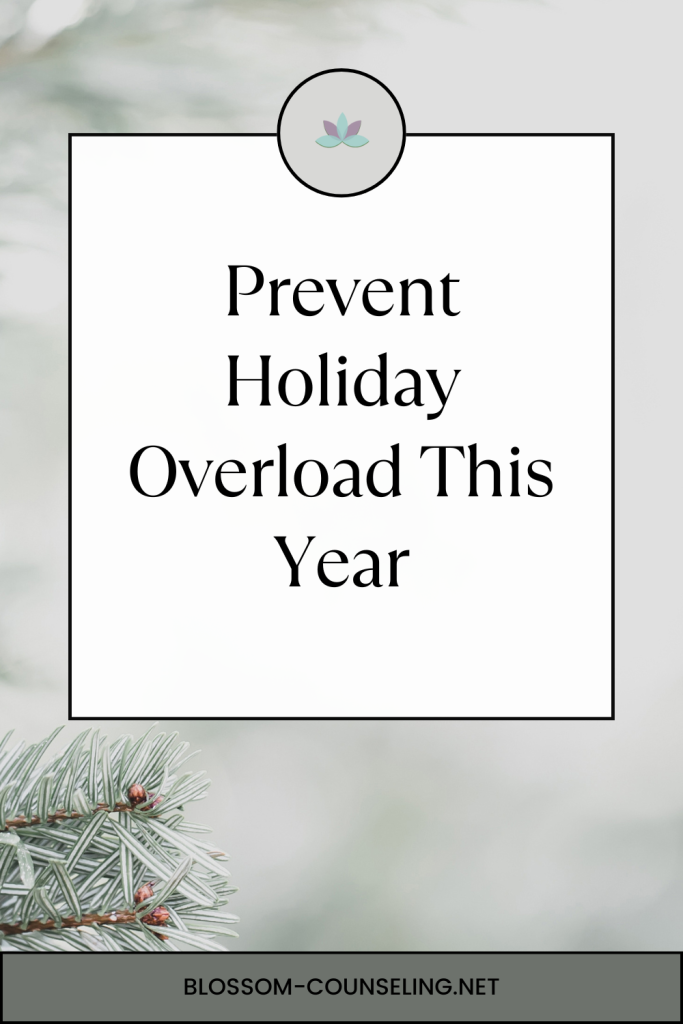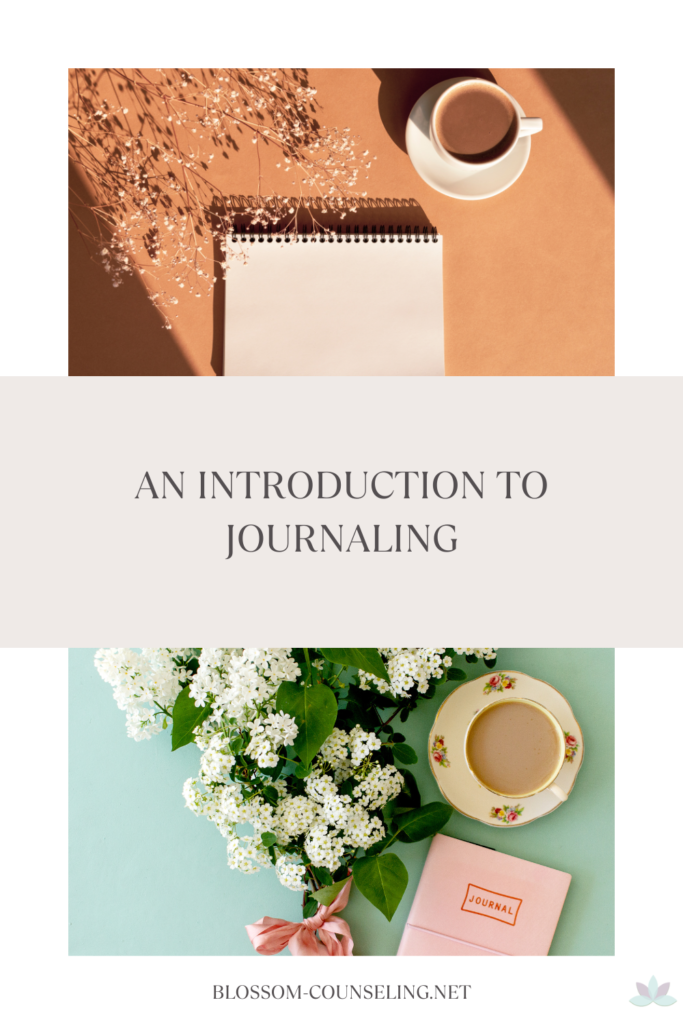
Conflict avoidance often gets a bad rap, but the truth is, it’s a natural response. Most of us have, at some point, dodged a difficult conversation or tried to sweep disagreements under the rug, hoping they’d disappear. The problem? Avoiding conflict doesn’t actually make it go away. In fact, it often makes things worse. Let’s dig into what conflict avoidance really is, why we do it, and how it impacts our relationships and emotional well-being.
What Is Conflict Avoidance?
Conflict avoidance happens when we go out of our way to sidestep disagreements or tense conversations. This might look like changing the subject, keeping our thoughts to ourselves, or even physically avoiding someone after a disagreement. While it can feel like a quick fix to keep the peace, avoiding conflict often leads to unresolved issues simmering below the surface.
Why Do We Avoid Conflict?
The reasons for conflict avoidance are as unique as the people experiencing it, but a few common themes emerge:
- Fear of Rejection or Judgment
Many of us worry that expressing disagreement will make others think less of us. This is especially true if we’ve grown up in environments where speaking up led to criticism or punishment. - Desire to Keep the Peace
If you’re a people pleaser or have a history of living in high-conflict settings, avoiding disagreements might feel like the only way to keep things calm. - Low Self-Confidence
When we’re unsure of our opinions or fear being “wrong,” it can feel easier to avoid confrontation altogether. - Trauma or Past Experiences
Negative experiences with conflict—like arguments that escalated out of control—can leave lasting scars, making avoidance seem like the safer option.
The Cost of Avoiding Conflict
While it might feel like the path of least resistance, avoiding conflict can take a toll on your mental health, relationships, and personal growth. Here’s how:
- Unresolved Issues Pile Up
What starts as a small disagreement can snowball into resentment or misunderstandings that hurt relationships over time. - Strain on Emotional Health
Bottling up feelings can lead to stress, anxiety, and even physical symptoms like headaches or fatigue. It takes a lot of energy to keep your emotions on lockdown. - Stunted Personal Growth
Healthy conflict helps us learn, grow, and strengthen our relationships. Avoiding it robs us of the chance to build trust and understanding with others.
Finding a Better Way to Handle Conflict
If you’re prone to conflict avoidance, the good news is that change is possible. Start small, and remember that learning to engage in conflict takes practice. Here are some strategies to help you shift your approach:
- Reflect on Your Feelings
Before jumping into a tough conversation, take time to understand what you’re feeling and why. Journaling or talking it out with a trusted friend can help. - Practice Assertive Communication
Being assertive doesn’t mean being aggressive. It’s about expressing your needs and feelings calmly and clearly while respecting the other person’s perspective. - Set Boundaries
If conflict feels overwhelming, setting boundaries can create a sense of safety. You don’t have to solve everything in one conversation—take breaks if needed. - Start with Low-Stakes Conflicts
Practice addressing smaller disagreements first. This helps build confidence for tackling more challenging conversations later. - Seek Support When Needed
If conflict avoidance feels deeply rooted, working with a therapist can provide tools and insights to address underlying fears and patterns.
Reframing Conflict as Opportunity
It’s easy to think of conflict as something to fear, but it’s more helpful to see it as an opportunity. Healthy conflict allows us to deepen relationships, clarify misunderstandings, and even foster creativity by exploring different perspectives. The goal isn’t to win an argument but to communicate in a way that respects both yourself and the other person.
Conflict is uncomfortable, but it’s also a chance for growth. With practice and support, you can learn to navigate it with confidence and authenticity.




